'Poverty link' to youth violence - London mayor
- Published
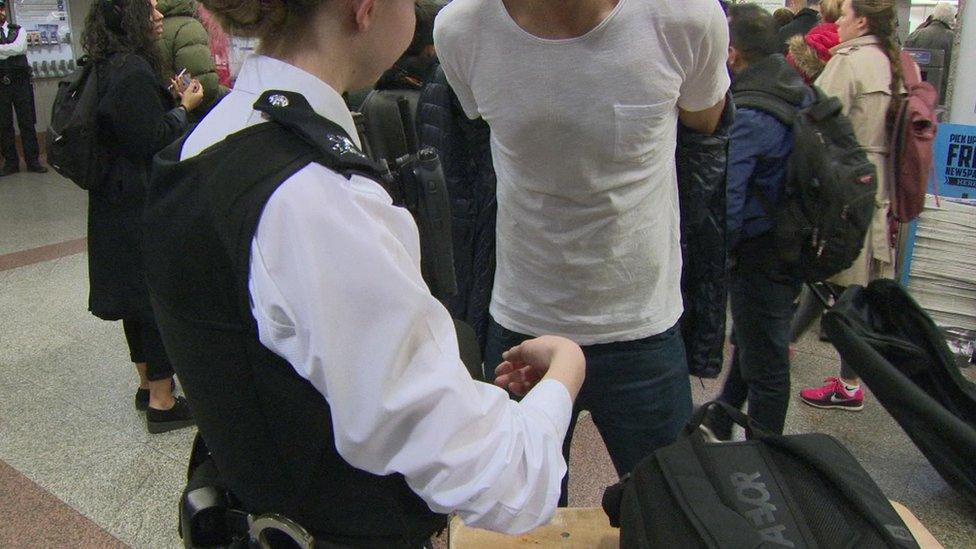
With schools breaking up for the summer holidays, there are fears about a rise in violence
New figures from Mayor of London Sadiq Khan show what he says is a clear link between poverty in the capital and the rise in serious youth violence.
The data shows that the poorest areas of London are most likely to experience the highest levels of serious crime among youngsters.
The data comes , externalamid fears that the end of the school year could see a rise in knife crime across major cities.
Mr Khan says he is funding 43 summer projects for vulnerable youngsters.
He is also appealing to the government for more cash.
London has experienced a rise in killings since 2012 - and 2018 was the worst year on record for the city for a decade.

London violence: Some key statistics
Between 2012 and 2017, the number of under-25s who were killed doubled to 64, before dropping back to 52 last year
The number of deaths linked to criminal gangs has slowly grown, reaching 44 last year
The number of people stabbed to death has also gone up year-on-year since 2014, to 81 fatalities in 2018
In 2018 there were 135 killings in London. As of 7 July this year, there had been 74

The study for the mayor's office shows that the poorer an area of the city is, the higher the rates of youth violence are likely to be.
Richmond upon Thames has the lowest level of youth violence in the capital - and it is also the least deprived borough in the city, based on official figures.
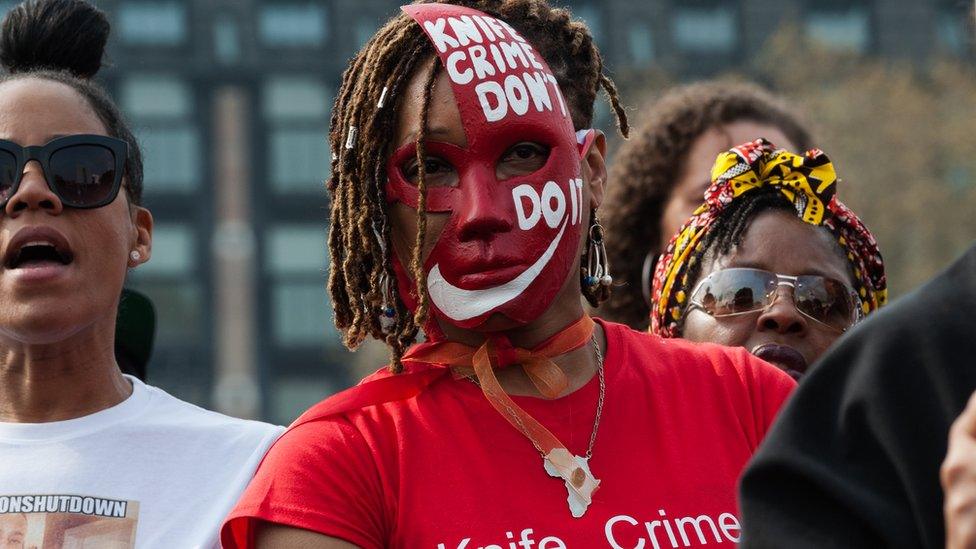
Tower Hamlets in east London is one of the poorest areas in England - and the data shows it has now one of the highest rates of youth violence in the capital.
Other official statistics, such as rates of adolescent mental health, teenage pregnancies and domestic abuse, also reveal a correlation between serious youth violence and the poorest areas of London.
The Metropolitan Police Commissioner Cressida Dick said in March there was "some link" between falling police numbers and a rise in violence crime.
Speaking to the BBC, Mr Khan said: "There are still some who say that to acknowledge this link between poverty, deprivation and crime is somehow to excuse criminality and to let the criminals off the hook. I say this is dangerous rubbish.
"There's never any excuse for criminality. But we have to face the reality that for some young people growing up today, violence has become normalised.
"And - with hope at rock bottom... turning to crime and gangs has become an all too easy route to satisfy the lure of gaining respect and money - however misguided this is."
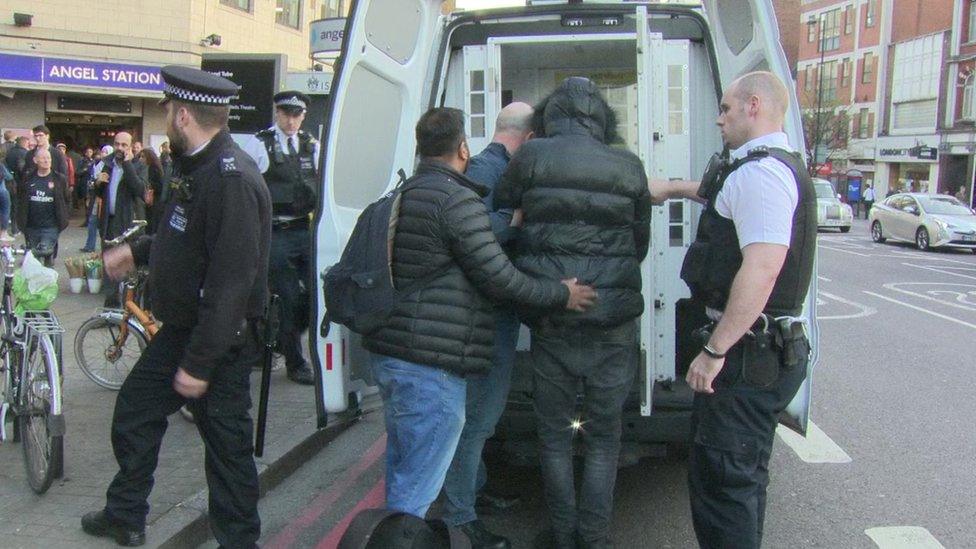
With schools breaking up for the summer holidays, Mr Khan said he was putting £360,000 into 43 projects intended to work with 3,500 young people who are at risk of getting involved in crime.
Half of the summer projects are in neighbourhoods which are in the top 10% for rates of serious youth violence.
"It's time for the government to acknowledge that this is a national problem that requires an urgent national solution. No more scratching around the edges. We need a proper national strategy," said Mr Khan.
The government confirmed at the weekend it wants to create a new "public health duty" to legally compel schools and other bodies to spot and act on the signs of serious violence.
The children's commissioner for England, Anne Longfield, said the change was not enough on its own and called on the next prime minister to ensure preventative services had the "right resources".
Prime Minister Theresa May, who has pledged £100m for police in the worst-hit areas, is meeting youngsters on Monday to hear about their experiences of serious violence.
- Published14 July 2019
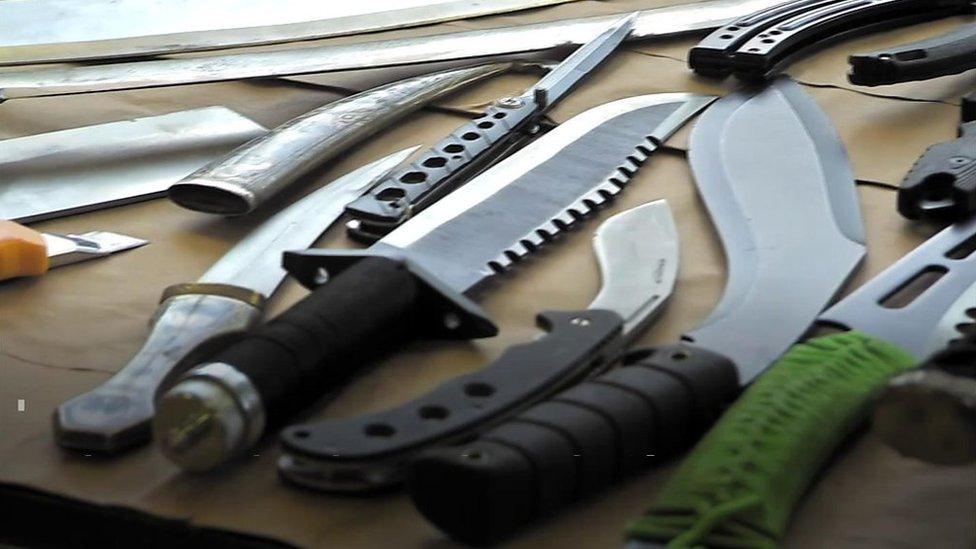
- Published5 July 2019
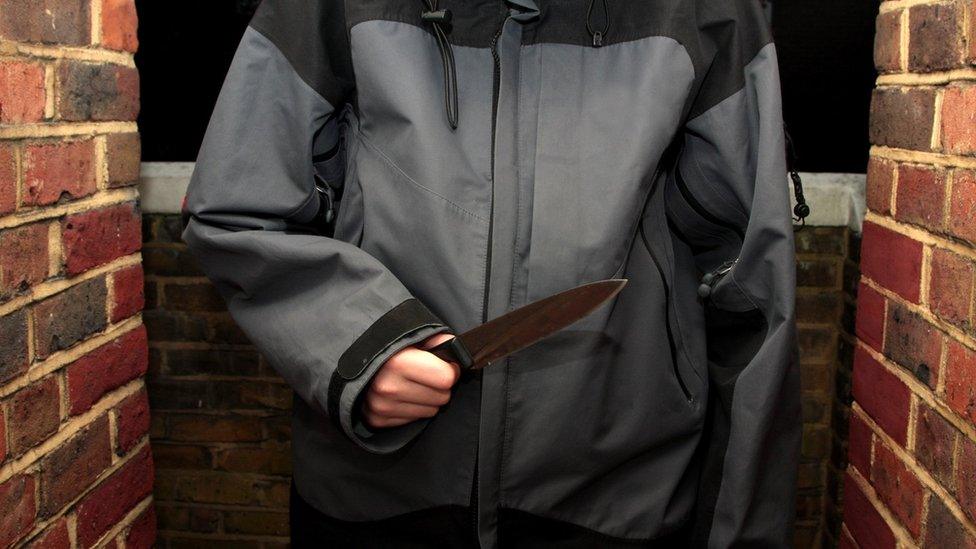
- Published18 July 2019